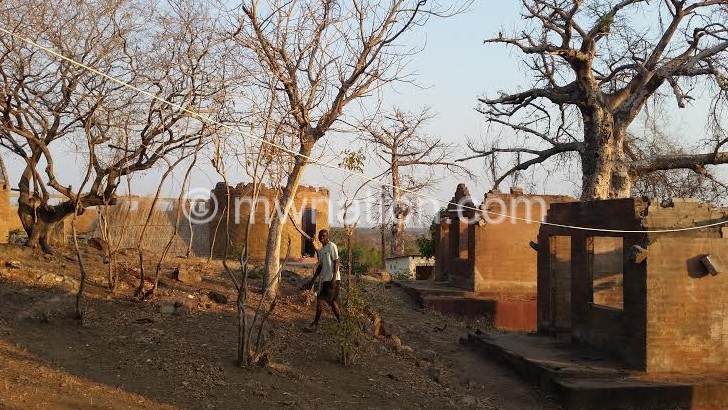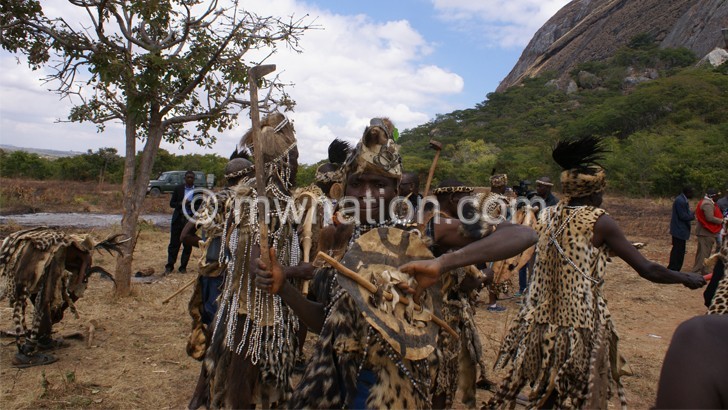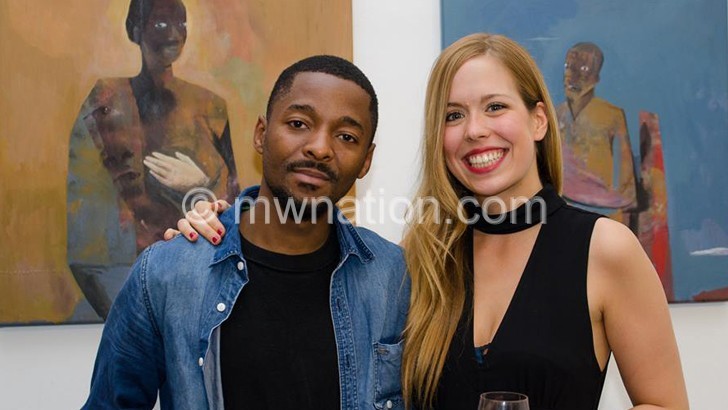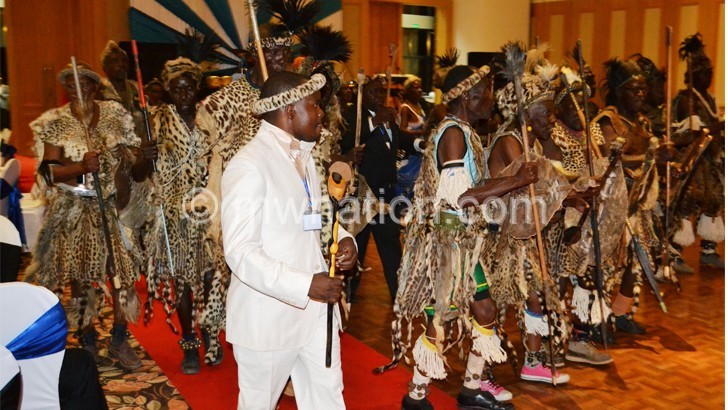Preserving Malawi’s culture through dance
The chilly condition that characterised the Agriculture Fair held at Enkozweni Primary School in Senior Chief Mpheremebe in Mzimba district did not bar pupils from invading the event.
On this Friday morning, dozens of pupils of various ages absconded their classes and thronged to the event and danced dancing to various beats blaring from the Agriculture Communications van.
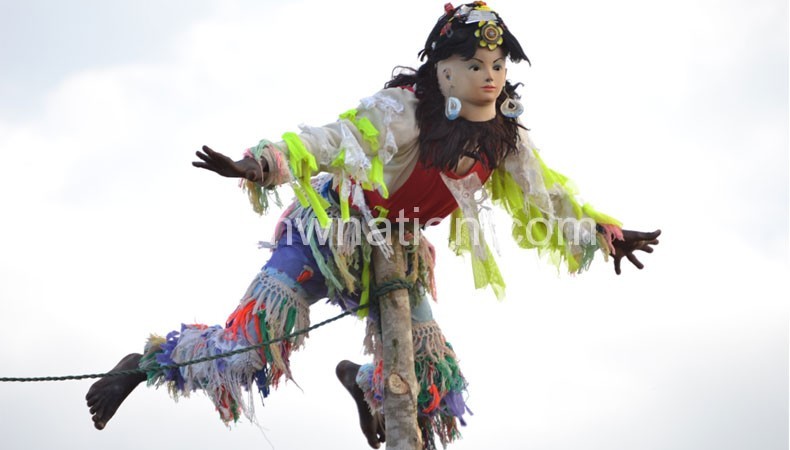
Various songs that were played compelled the pupils to dance in all sorts of styles.
Richard Mwase, 14, a Standard Six pupil, was among the pupils spotted dancing in the multitude. There was uniformity in the dance with some appearing to be parading, others shaking their waits, but the majority were dribbling, as if they wanted to score a goal.
“I am dancing kwaito, but I also know how to dance reggae, azonto and breakdance,” explained Richard.
However, when a Malawian song was played, everyone danced randomly.
A random survey, conducted at the site that collected 10 pupils from the crowd of dancers, showed that eight preferred as their dance of choice while two mentioned kwasakwasa.
Surprisingly, a group of Ingoma dancers, which is said to be a famous dance among the Ngoni of the area, were about to take their turn luring to entertain the 1 000 plus audience that attended the event.
“We cannot dance Ingoma, it is for old people. If you can attempt to dance that kind of a dance, chances are high that friends might laugh at you and label you as being primitive,” said Chisomo Nyirenda, aged 13.
Little wonder Joseph Jere and his Ingoma Dancing Troup has embarked on a sojourn of various schools in the area where they teach students on how to dance Ingoma.
“We have visited several primary schools where we are coordinating with the head teachers of the schools to spare us time so that we can interact with students while teaching them how to dance Ingoma,” said Jere.
The Ingoma Dancing Group, which comprises of 40 members of both sex has trained more than 450 pupils on how to dance Ingoma.
Jere said although they meet some resistance from leaners, progress has begun showing as the dance is still more popular compared to other traditional dances in the area.
“Of course, we experience resistance from the learners, but we are still noticing progress as we are always invited to perform at most of the events that demand a potion of entertainment,” he said.
“We are often invited to perform at events such as political rallies, weddings and chief installations,” he said.
“However, there is a need for musicians to work with us so that they should incorporate our traditional tunes in their songs. We will be happy if we can see musicians incorporating us when they are producing DVDs to motivate youths to consider traditional dances as unique,” said Jere.
Music Union of Malawi (MUM) vice-chairperson Lazzie Nkhata said incorporating traditional elements to popular music will always be a challenge as musicians prefer playing tunes that attracting more listeners on the market.
“The problem is that most of the musicians are market driven. If the tune making the lead in the market is kwasakwasa, they are driven to that. This will remain the challenge as urbanisation and globalisation is also discouraging artists from produce cultural focused tunes. You find that most of the artists are talking of penetrating the international market. There is a need for government will to check this,” said Lazzie.
On her part, Minister of Tourism, Sports and Culture Grace Chiumia said she is aware of the decline in Malawian culture, saying her ministry will try to make sure that the uonger generation acquire cultural knowledge.
“It is sad that you find those dancing Ingoma are aged people. Now, the question is, if they die, what will happen to our culture. As a ministry, we are working on that. We want to make sure that all cultural practices that are positive should be promoted from grassroot level.
“We will be organising regional cultural exhibition soon after budget allocation to promote cultural heritage,” said the minister.


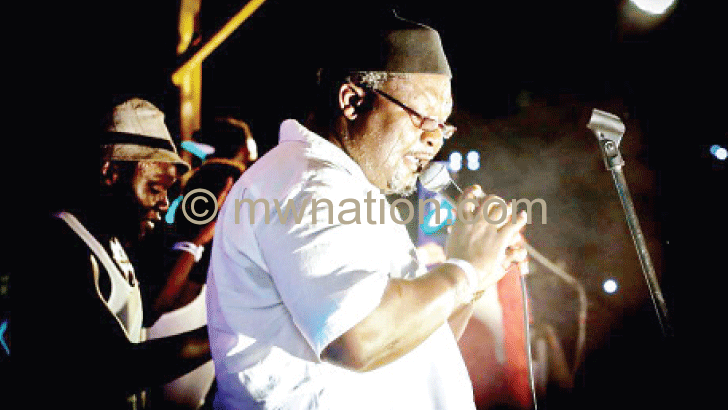
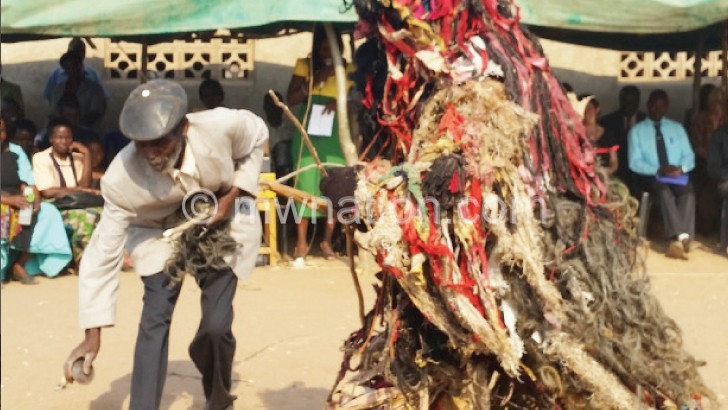
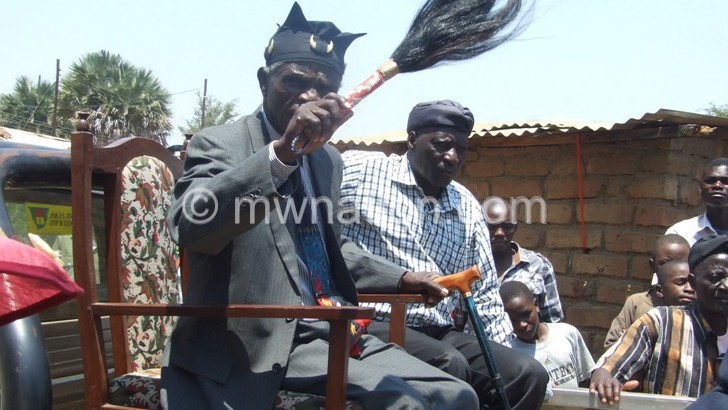

 For many people in Rumphi and Mzuzu in northern Malawi, the sight of a 10-year-old boy dancing vimbuza is not a strange one. Walyenge Mkandawire is usually on assignment at public functions supported by his father and mothers.
For many people in Rumphi and Mzuzu in northern Malawi, the sight of a 10-year-old boy dancing vimbuza is not a strange one. Walyenge Mkandawire is usually on assignment at public functions supported by his father and mothers.